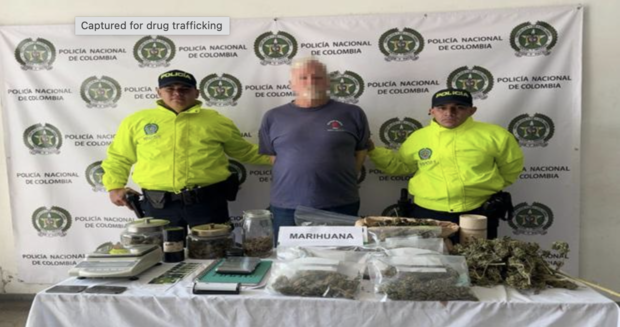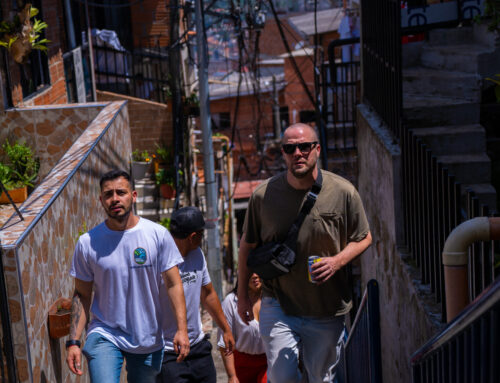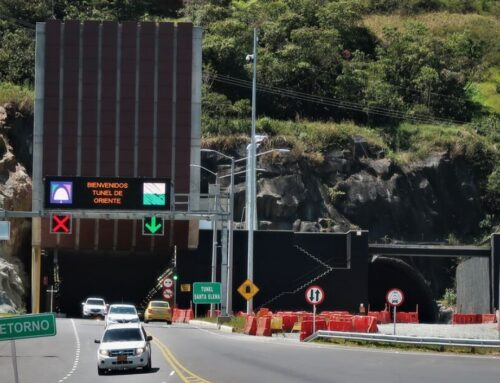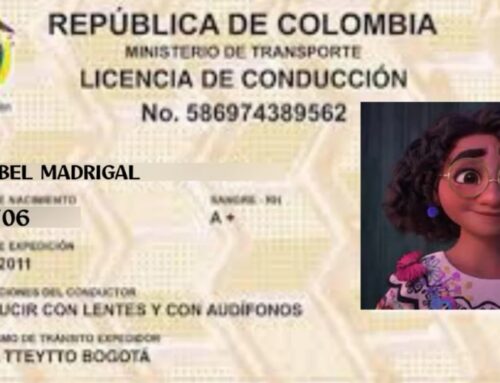
A 73-year-old American man, who became locally known as “Cannabis Jimmy,” was apprehended in April 2024 in Sabaneta, a town just south of Medellin, Colombia, for conducting unauthorized “cannabis tours” from his home. This elderly man had been actively promoting these tours on social media platforms and through a dedicated website, targeting foreign tourists. Flyers distributed by him boasted about the “Cannabis Farm Tours,” which included free samples and required advance reservations. Each tour, typically involving small groups of less than 10 people, lasted just a few hours. During these sessions, he educated visitors on the various stages of cannabis cultivation, from planting and caring to harvesting and maintaining the plants. Additionally, he sold marijuana to tour participants at a rate of $20 per gram.
Colombian authorities detained him and seized over 1,300 grams of marijuana during the raid on his property. While the police refrained from disclosing his identity, they did confirm that he is an American citizen.
Colombia permits the use of medical cannabis and the cultivation of industrial hemp, yet recreational use of marijuana remains illegal. This legal backdrop creates a complex environment where cannabis-related activities are heavily regulated. Colombia has a longstanding struggle with drug trafficking, being the world’s largest exporter of cocaine. Approximately 90% of the cocaine sold in the United States originates from Colombia.
The arrest of “Cannabis Jimmy” sheds light on the ongoing challenges faced by Colombia in controlling drug-related activities. Despite his attempt to run a seemingly benign operation, it highlights the strict enforcement of drug laws in the country. Colombia has been proactive in its fight against drug trafficking. Just last year, the Colombian Navy intercepted a ship carrying significant quantities of cocaine and marijuana.
Efforts to legalize recreational cannabis in Colombia have encountered several obstacles. Last year, lawmakers proposed a bill to legalize adult-use marijuana and commercial sales. However, the Colombian Senate rejected this proposal in December. Senator Karina Espinosa from the Liberal Party spearheaded a proposal to archive the bill, which received 45 supportive votes, effectively halting the legislation.
Following the vote, Senator María José Pizarro, who had been a staunch advocate for the bill, expressed her frustration. She criticized the decision, arguing that it perpetuates the influence of organized crime and leaves young people and consumers vulnerable to illicit drug dealers. This wasn’t the first time legalization efforts faced setbacks; another similar proposal was also defeated in June.
Colombian President Gustavo Petro, who took office in 2022, has been vocal about his support for legalizing and commercializing marijuana. During a visit to New York City, he observed the open sale of marijuana and noted how it seemed to be an integral part of the city’s economy. Petro mentioned that marijuana is sold openly in Times Square and observed the prevalent scent of marijuana throughout the city. He suggested that legal sales and taxation of marijuana could contribute to the economy, as seen in New York.
President Petro, Colombia’s first leftist leader, has also criticized the United States for its role in the war on drugs. He highlighted the violence and imprisonment it has caused, noting that illegality has led to widespread violence. Petro’s comments reflect a growing sentiment among some leaders in Latin America that the war on drugs, largely driven by U.S. policy, has had devastating social and economic impacts on their countries.
As one of the world’s leading producers of the coca bush, Colombia has long been associated with cocaine trafficking. The United Nations Office on Drugs and Crime (UNODC) estimates that around 63,660 Colombian households are involved in cultivating coca. To address this, the Colombian government, in collaboration with international organizations, has implemented programs aimed at providing alternative livelihoods for these farmers. Initiatives like the Forest Warden Families Programme and the Productive Projects Programme aim to offer legal and sufficient incomes for those who transition away from coca cultivation. These efforts are part of broader socio-economic development strategies designed to benefit rural, indigenous, and Afro-Colombian communities.
According to the UN, the area under coca cultivation in Colombia has decreased by 15%, from 73,000 hectares in 2009 to 62,000 hectares in 2010. Over the past decade (2000 to 2010), cultivation levels have been reduced by 62%, thanks to a combination of alternative development programs and law enforcement measures. This decline signals an advancement in sustainable livelihood programs and a concerted effort to address the root causes of drug trafficking.




